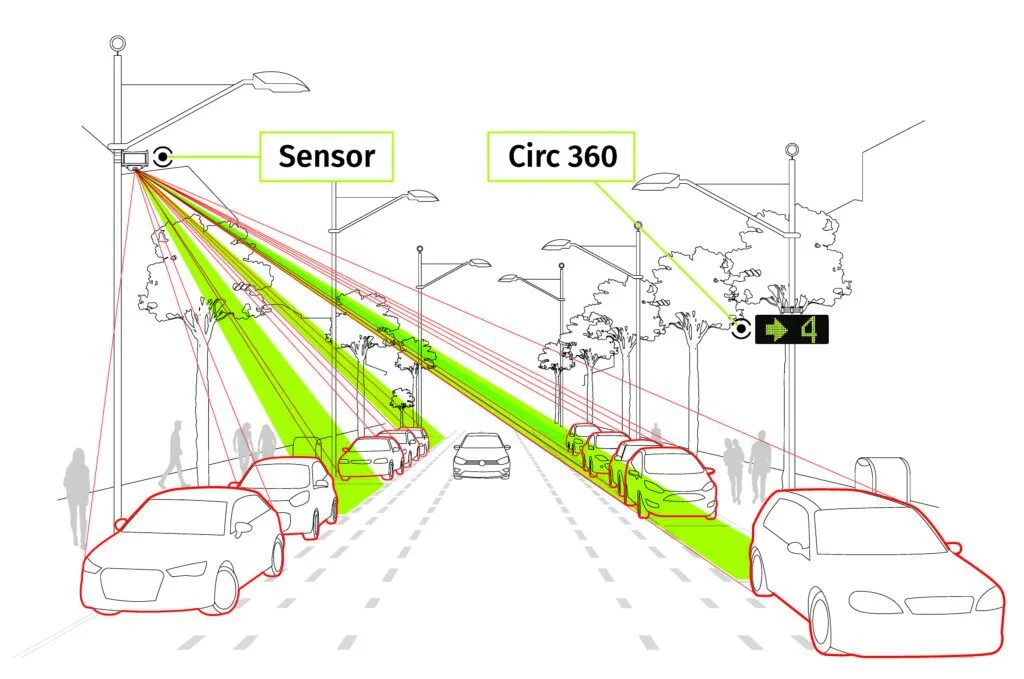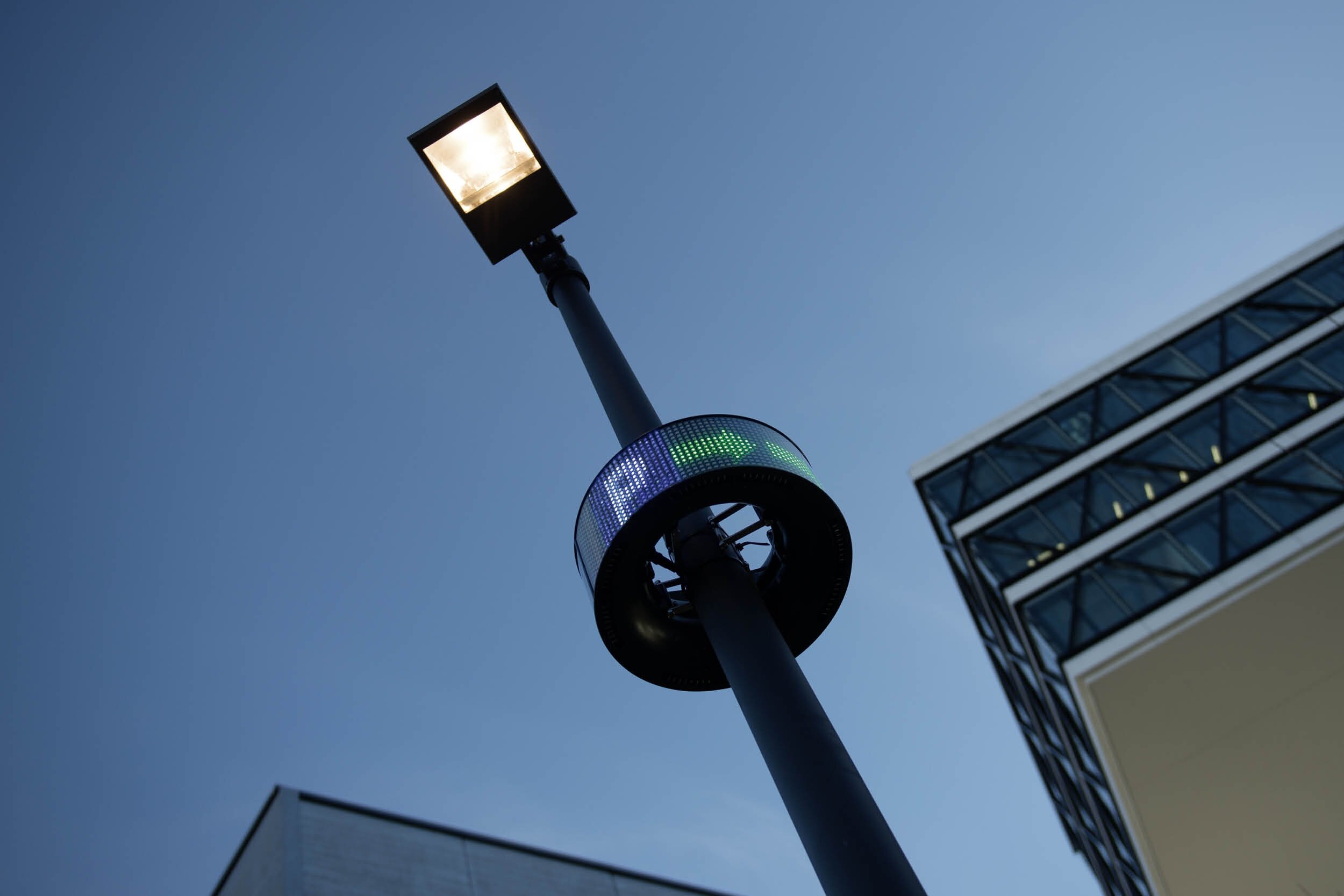By Thomas Hohenacker, CEO and Founder of Cleverciti
The Internet of Things (IoT) is transforming how we live. From interactive entertainment and cloud-based services to self-driving cars and home automation, we’re all increasingly taking part in the connected world. And why wouldn’t we be? The IoT delivers many benefits (I know I’m not the only one who has asked Alexa to do the laundry, for example) for various aspects of life.
Cities are particularly well-positioned to experience significant benefits from the IoT. According to recent research from IoT Analytics on 1,600 real IoT use cases, the largest amount of projects were part of Smart City initiatives. The myriad use cases (from air quality monitoring to smart parking to real-time gunshot detection) can help citizens and visitors achieve better lives and help cities to stay reliably within their budget.
Even though the promise of the connected world is still in its infancy, there are already many proven IoT technologies today that are quickly gaining adoption across the world’s leading cities. The accessibility of these technologies makes it possible for any city to jump on the digital transformation bandwagon and deliver improved services for its citizens. New York City’s Smart City efforts, for example, include energy conservation through smart lighting and air quality monitoring. The city of Bad Hersfeld in Germany uses sensors to guide visitors quickly to available parking areas, significantly reducing CO2 emissions and pollution in the city.
IoT-powered Smart Cities: Now accessible to all
Thanks to extraordinary innovations from the global startup ecosystem, IoT devices have reduced substantially in cost while increasing in processing power. With this change, previously unthinkable potential is available at costs that are now accessible to nearly any city. I speak with cities every week who previously thought advanced IoT solutions were out of reach but are amazed to see the value they can generate for their citizens with a positive benefit to the overall financial position.
When considering a smart city solution, it is of course important to consider the financial impact. Many of the best solutions generate revenues or cut existing expenses, yielding a positive ROI very quickly. In addition, instead of large, up-front capital expenditures, some of the best solutions are available with a regular monthly fee structure, enabling cities to experience that positive ROI immediately rather than having to wait years for large up-front costs to pay off.
Some solutions can even be revenue generating. For example, curbside management solutions provide ridesharing and delivery drivers with a safe and efficient means to stop curbside, and also open the possibility for a city to charge a small transaction fee for each curb access event. Smart parking systems both increase utilization of paid parking spaces by more efficiently guiding users to available spaces and encourage more citizens to pay for the parking they use, thereby increasing parking revenues. Smart traffic management systems can automatically adjust traffic light timings to improve traffic flow and consequently improve timeliness of on-street public transit, leading to increased ridership and higher revenues.
The primary goal of these systems is always to improve city life for residents and visitors. The additional benefit of revenues or cost savings coupled with low recurring fee structures from IoT smart city vendors (versus large up-front capex) allows for cities to realize an immediate ROI and ease budgeting for future investments.
Data Privacy: Benefits of edge computing
As our world becomes more connected, data privacy issues make headline news nearly every week. Citizens place an enormous amount of trust in city officials to ensure that their data is protected, and that their security will not be compromised by living in the city. While technology has created some of these problems, technology will also help to solve them.
Today, sensors have become extraordinarily advanced. Power that was previously only available to super-computers can now be fit inside a low-energy consumption sensor. The term “edge computing” refers to sensors that don’t just sense data, they make sense of the data. With an edge computing model, sensors run its own advanced machine learning model in real-time, only sending data when certain user parameters are met. This approach ensures that no identifiable data is sent over the network.
Artificial Intelligence: Making sense of the deluge of data
The primary reason cities want to collect data is to improve situational awareness. However, they need to identify the right data to experience the most profound benefit. Smart city solutions generate millions of data points per day in any one city, and if implemented improperly can simply lead to confusion and data overload. That is why, now more than ever, artificial intelligence (AI) is part of the conversation regarding data collection. AI can be used to automatically pinpoint the data that is most important to a city and transform that data into useful, accessible information that enables quick and informed decision-making.
The best smart city solutions include dashboards and mobile apps that hide the complexity of millions of data points and instead present highly actionable information to the users. For example, video analytics can be used to identify and then manage traffic chokepoints. If a traffic jam is detected, users are notified and can take the proper action, such as opening up new lanes for travel or changing the current timing of traffic lights. These innovations are a valuable tool in data management and capture where vast amounts of raw data are uncategorized.
The digital ecosystem: Easing communication
Before the digital revolution, technologies were siloed and didn’t share a common language, and therefore didn’t “speak” to one another. Cities had to manually extract data from one system and then try to see how that information related to other events. This was a timely and complex process, to say the least. Today, we live in a much different world.
Open application programming interfaces allow for one system to communicate with another system, sharing data in a structured format. Through open APIs, different systems from different vendors are able to speak to one another, thereby eliminating manual work to gain insights that require looking at multiple types of sensor data together. Connecting information from multiple systems in one place provides myriad benefits to cities, allowing for the delivery of streamlined event-based information that enhances decision-making and accelerates response times.
IoT: The future of Smart Cities
There is no doubt that the IoT is impacting modern-day cities in a significant way. A combination of AI, advanced computing and contextually rich, real-time data streams delivered by IoT sensors and networks is makes smart city development affordable, accessible, and compelling moving forward. The IoT is the cornerstone of the digital transformation because it allows cities to optimize existing operations and excel at creating and pursuing exciting new business models. How will you grab hold of this opportunity?
This blog is part of a series that will dive into key members of the Cleverciti team and how they leverage their personal experiences to best lead the company.














































